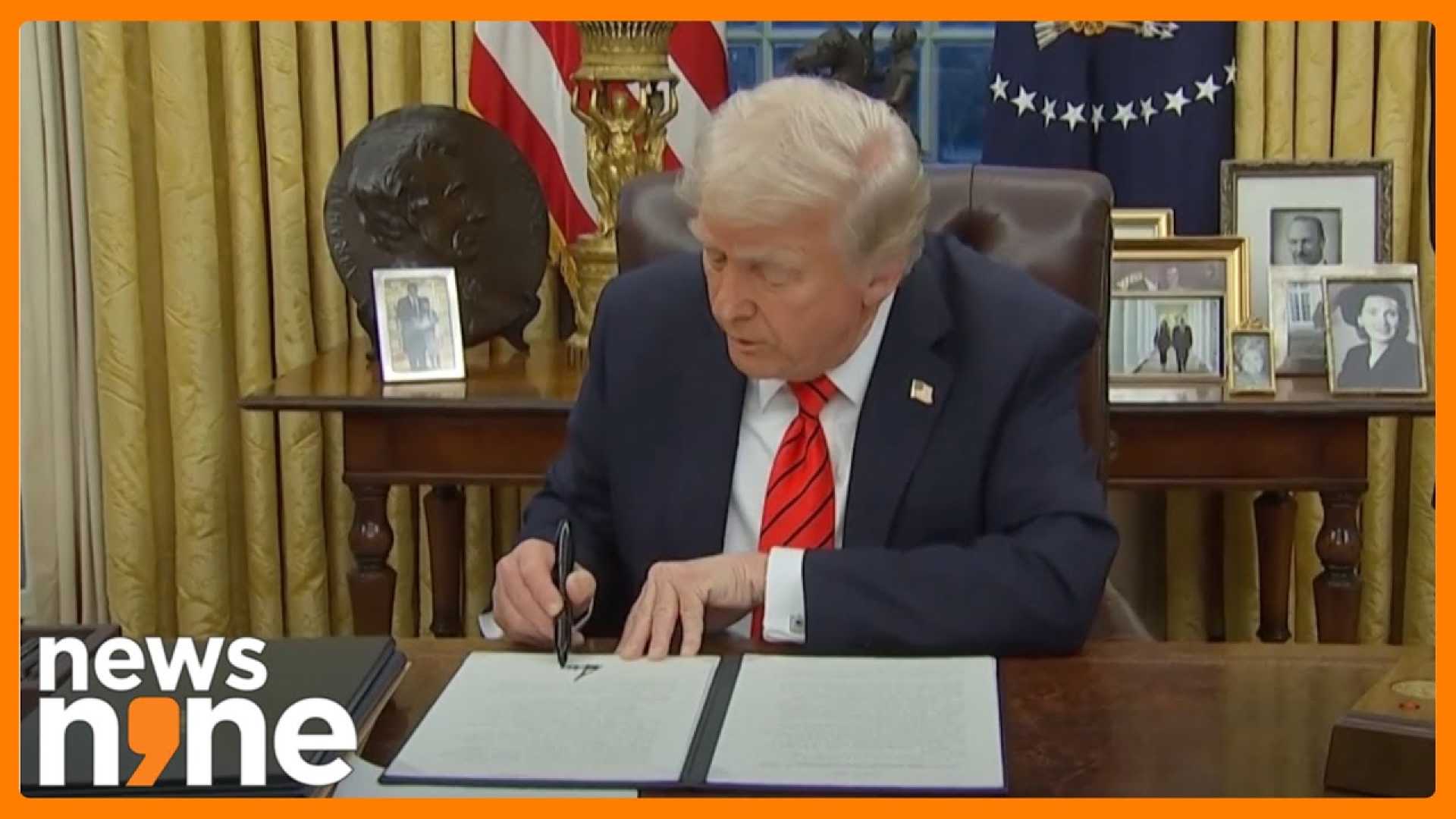Politics
Trump Halts Enforcement of Bribery Law to Boost U.S. Competitiveness

WASHINGTON, Feb 10 (AP) — President Donald Trump signed an executive order Monday directing the Justice Department to pause the enforcement of the Foreign Corrupt Practices Act (FCPA), a federal law that has prohibited U.S. businesses from bribing foreign officials for nearly 50 years. This decision aims to increase American competitiveness in the global market.
During the signing at the White House, Trump criticized the law, asserting that it puts American companies at a disadvantage. He stated, “It sounds good on paper, but in practicality, it’s a disaster,” highlighting concerns that the law discourages businesses from engaging internationally.
The FCPA, enacted in 1977, prohibits U.S. businesses and certain foreign entities from offering bribes to foreign officials. Its intent is to combat public corruption globally. Trump’s order tasks newly appointed Attorney General Pam Bondi with reviewing the enforcement guidelines of the FCPA.
According to a White House fact sheet, the current enforcement of the FCPA has been characterized as overreaching, harming U.S. companies and creating an uneven playing field with international competitors. “American national security depends on America and its companies gaining strategic commercial advantages around the world,” the fact sheet indicated.
Supporters of the FCPA, including the anti-corruption watchdog Transparency International, criticized the executive order. Gary Kalman, executive director of Transparency International U.S., remarked that the order undermines the U.S. fight against global corruption, calling it “the crown jewel” in this effort.
The FCPA has become a cornerstone of how American companies operate abroad, with its provisions ensuring strict compliance with anti-bribery standards. Over the years, numerous companies have faced scrutiny under the FCPA, including prominent firms like Goldman Sachs and Walmart.
In 2024 alone, the Department of Justice (DOJ) announced 26 enforcement actions related to the FCPA, while at least 31 companies were under investigation. Previous years showed similar patterns, with an average of 36 enforcement actions annually over the last decade.
Bondi’s new directive will review all current and past actions under the FCPA and establish revised guidelines that do not hinder American firms’ competitiveness abroad. The guidelines will necessitate that future FCPA investigations are aligned with Bondi’s new standards and receive her approval.
Kalman lamented that the changes could lead to eroding standards that have made U.S. entities model examples of anti-corruption measures globally. “The FCPA helps make American companies and the ‘Made in America’ brand stronger and more attractive,” he noted.
Trump’s administration has long viewed the FCPA as burdensome. Previously, during his first term, Trump had indicated an interest in relaxing the regulations, citing concerns from American companies burdened by the law’s implications.
This directive could significantly alter the approach toward FCPA cases within the DOJ and among U.S. companies attempting to navigate international business, raising questions about the future of anti-corruption enforcement.












